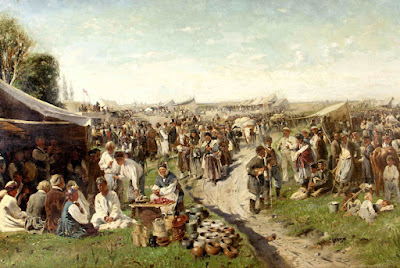Nikolai Rubinstein had been rather bitter when Pyotr Ilyich Tchaikovsky made him listen to his first piano concerto, at Christmas 1874. On the occasion, the eminent pianist vilified the work even though he was later to become one of its most applauded performers. So when he received the first sketches of the second work for piano and orchestra on which Tchaikovsky had decided to venture six years later, maestro Rubinstein was extremely cautious, making very thoughtful and careful remarks.
And although relations had somewhat deteriorated, Tchaikovsky thought of rededicating his second concerto to Rubinstein, in recognition of the popularity the first one was enjoying thanks to the performances the talented Rubinstein was giving. He let his patroness Nadezhda von Meck know this, adding that although he was somewhat concerned about Rubinstein's opinion, he simply hoped that on this occasion the lapse of time between the first critical impression of the gifted pianist and the performance of the concerto would be shorter.
 |
| Pyotr Ilyich Tchaikovsky (1840 - 1893) |
But there was no such lapse. Rubinstein managed to give his opinion (closing his impressions with a respectful "but perhaps I am wrong"), thanked for the dedication, but was unable to perform the work, as he died soon after, in March 1881. In the ensuing search for a suitable Russian interpreter, the premiere had to be performed in New York by an American pianist in November of the same year. Four months later, the Russian premiere took place in March 1882, with a former disciple of Tchaikovsky at the piano, and in the conduction, Anton Rubinstein, former composition teacher of the maestro and brother of the acclaimed pianist and dedicatee of the work.
2nd movement - Andante
The work is in three movements, structured in the typical manner (fast-slow-fast movements).
Presented here is the second, the slow movement, andante non troppo, a page full of serenity and beauty, in a rendition by the remarkable Russian pianist Boris Berezovski, accompanied by the Ural Philharmonic Orchestra, conducted by the Russian maestro Dmitri Liss.
The movement is opened by the cello, followed by the violin. The piano makes its entrance only at 3:20 minutes, with restrained drama.
